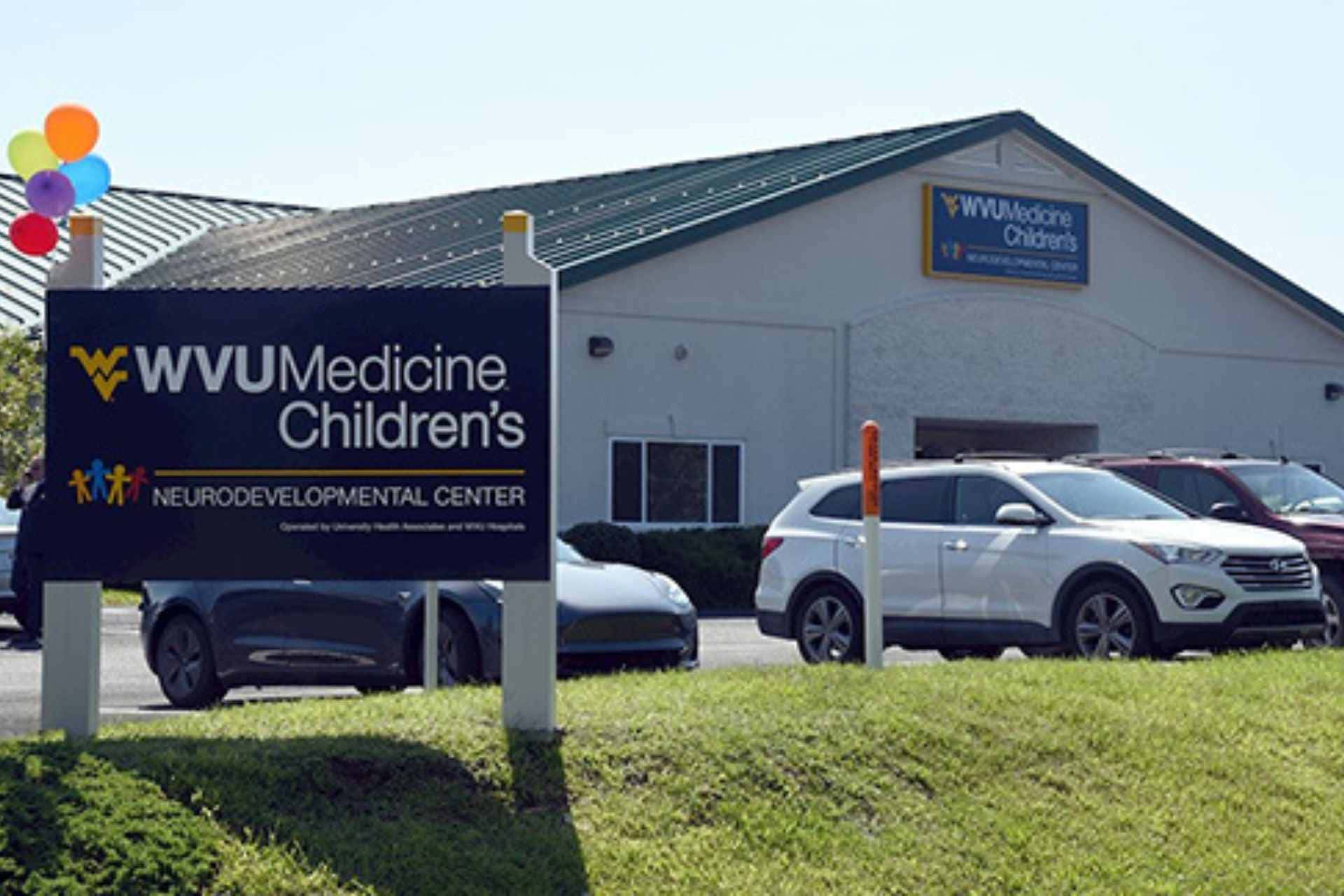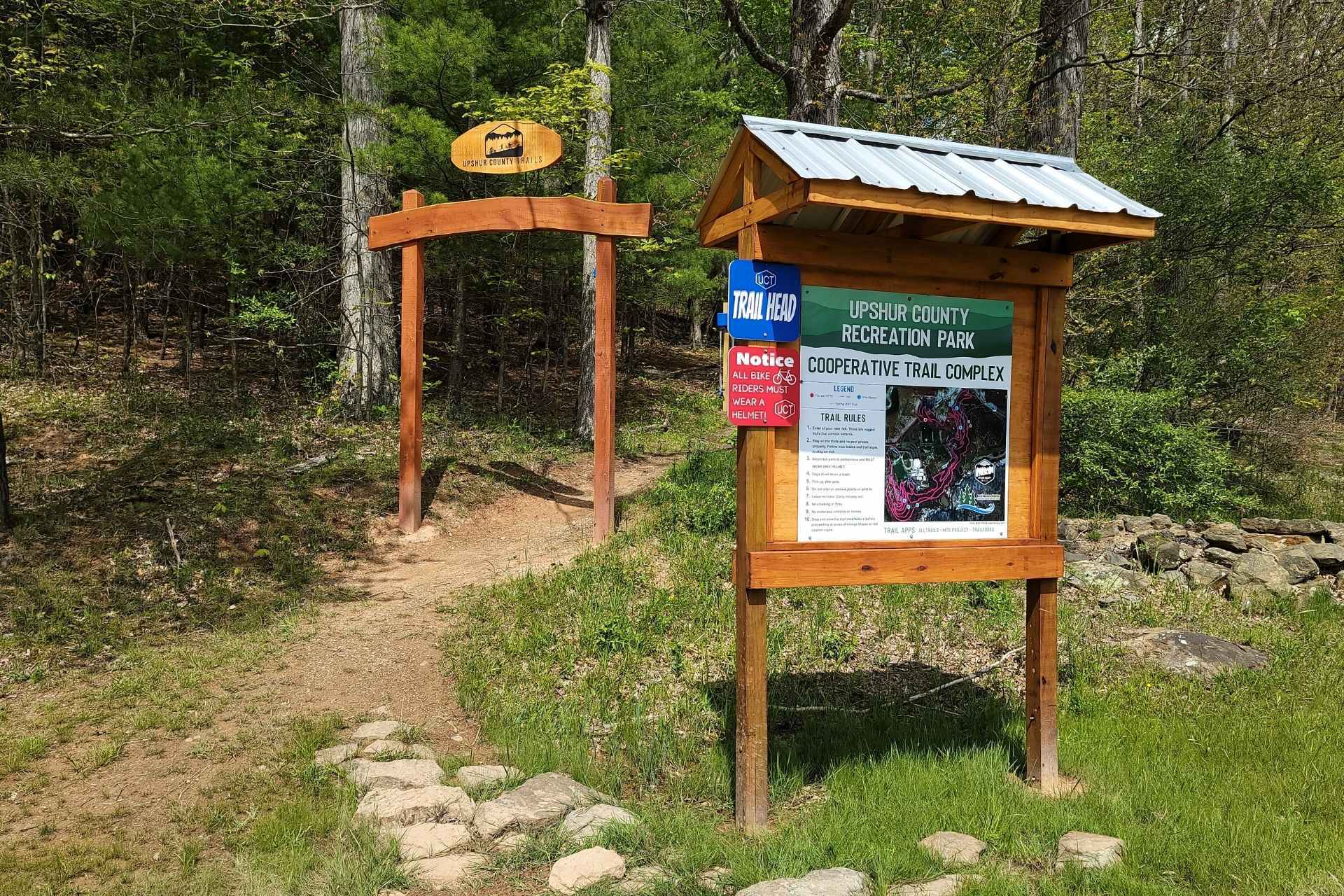MORGANTOWN, W.Va. – Waiting for an autism diagnosis can be a stressful and uncertain time for parents. The process can take weeks or even months, and there is no guarantee that a diagnosis will be made. In the meantime, there are things parents can do to help their child and themselves.
“The CDC (Centers for Disease Control and Prevention) estimates that one in 36 children in the United States have autism,” Jenna Wallace, Psy.D., WVU Medicine Children’s Neurodevelopmental Center pediatric psychologist, said. “Unfortunately, because it is so common, wait times for autism evaluations can be from six to 12 months, depending on your area and who you’re referred to.”
Autism Spectrum Disorder is a neurodevelopmental disorder that is characterized by difficulties with social communication as well as rigid and repetitive patterns of behavior and thinking that cause difficulty with the way the person interacts with the world. Many people with autism have sensory preferences and challenges, too. It is important to know that autism is a different way of seeing and perceiving the world that shouldn’t be considered bad or wrong. Autistic people have a variety of strengths that make their perspectives and opinions important.
There are some things parents can do while waiting for their child’s autism assessment or diagnosis:
- Talk to your pediatrician about referrals for speech therapy, occupational therapy, mental health services, and/or physical therapy, based on your child’s needs.
- Get on evaluation waitlists for multiple reputable centers.
- If your child is under the age of three, there are statewide programs, like West Virginia Birth to Three, that can provide therapy services in-home and complete evaluations before the child is seen by a specialist.
- For older children, parents can begin the process of evaluation through the school system to determine the appropriateness of an individualized education program that will also provide access to services, including speech therapy and developmental support services.
“Early intervention is key for a variety of concerns, but especially when we think about development,” Dr. Wallace said. “If you have questions, West Virginia Birth to Three, your pediatrician, and other outpatient therapy providers can help give you the guidance that you need to feel confident about your child’s growth.”
Parents are also encouraged to reach out to others who are going through or have gone through the same thing.
“I always encourage parents to try to get connected to other people because the journey is long, but you don’t have to do it alone. Parents can often feel alone and overwhelmed during the time where they’re trying to figure out how to best help their child,” Wallace said.
“While diagnosis is a very important part of that journey, it’s not the first, and it’s not the only step that they need to take. You don’t have to isolate yourself. There are many other people that are in the same boat as you are or have the same concerns, and it’s okay to reach out.”
If you think your child might have autism or other developmental delays, talk to your pediatrician about it. As soon as you begin to have concerns, they can perform in-office screenings and place appropriate referrals for the evaluation.
For more information about autism and autism evaluation, visit https://childrens.wvumedicine.org/services/specialty-care/neurodevelopmental-center.

















